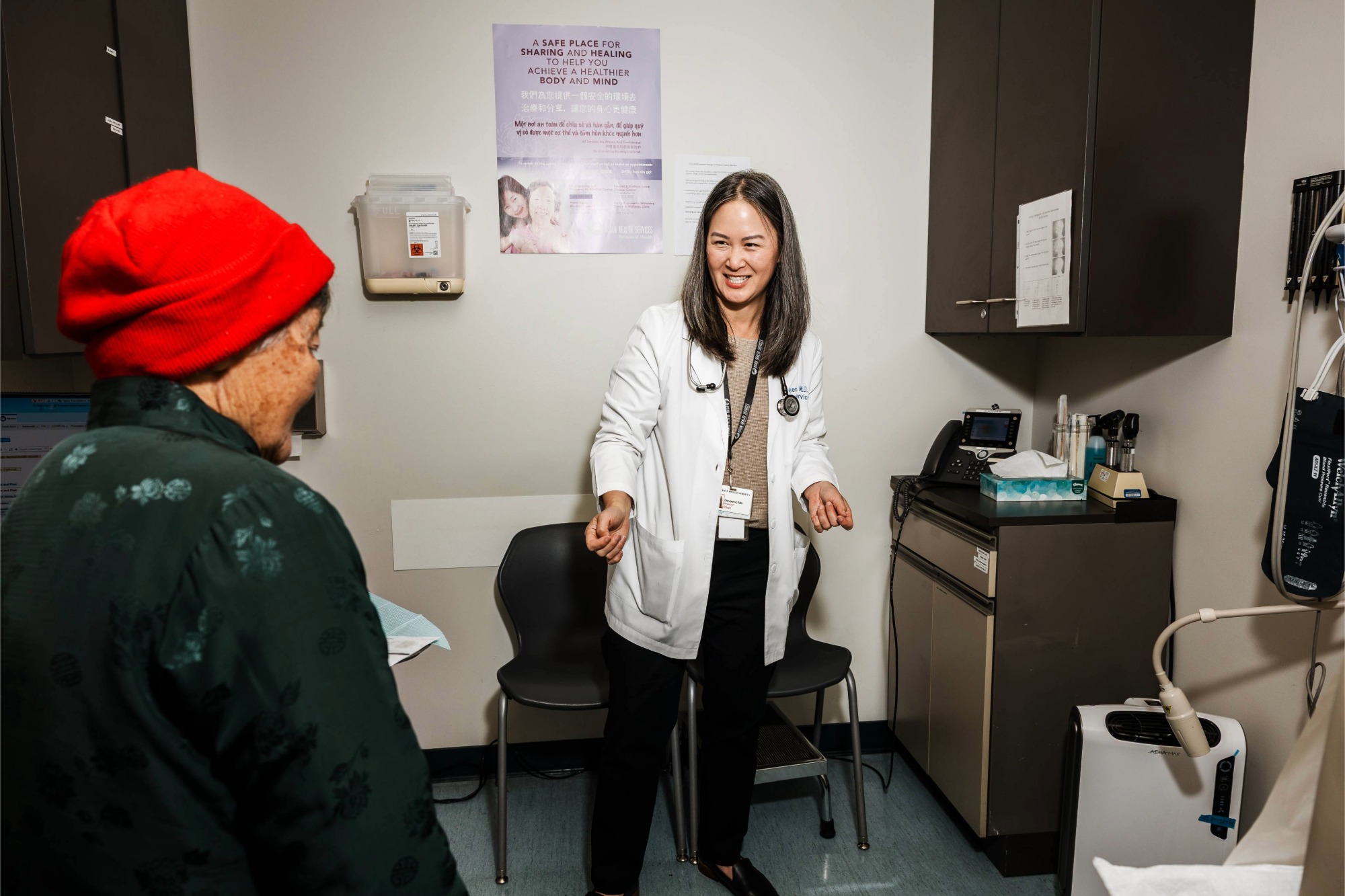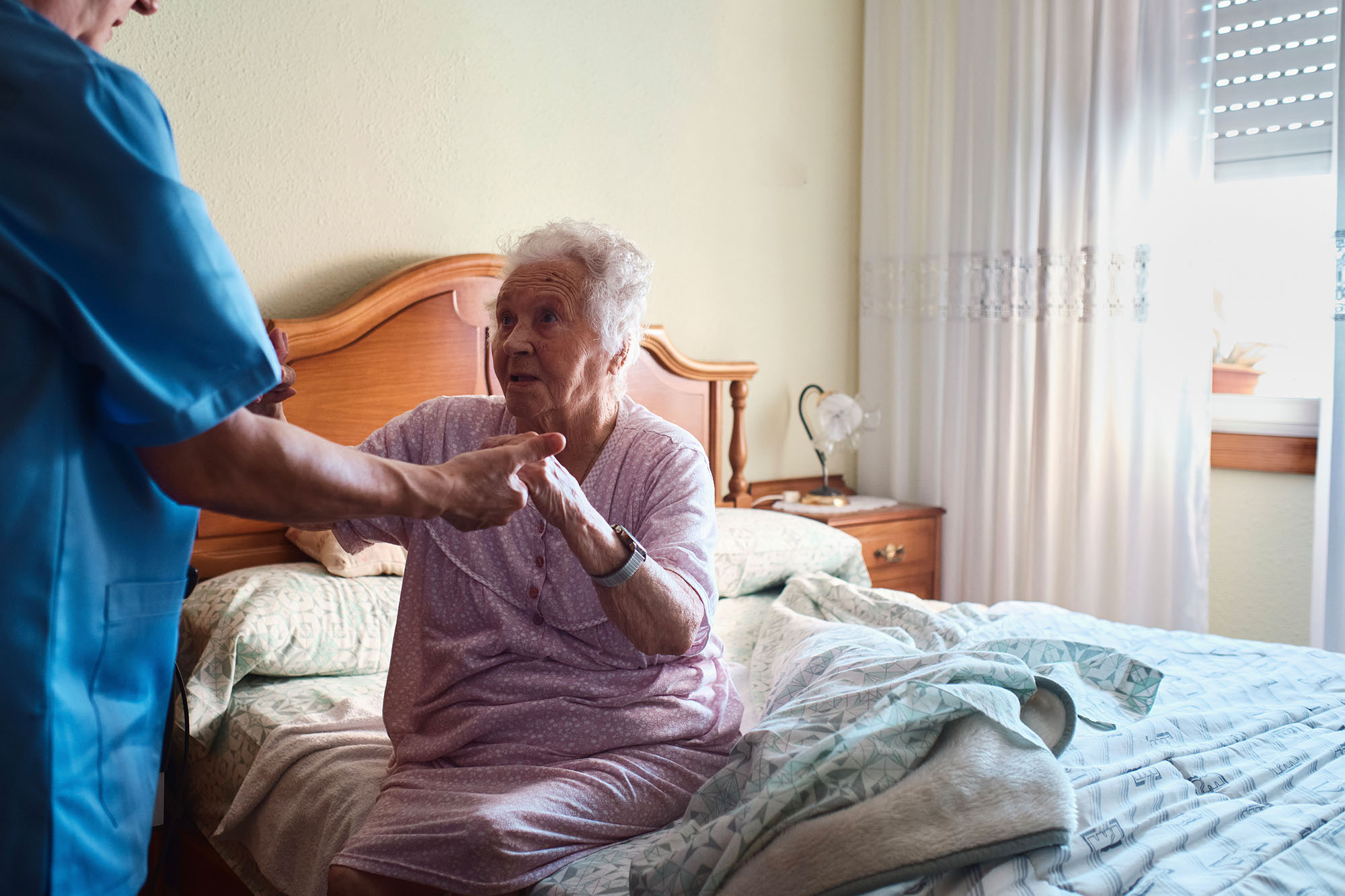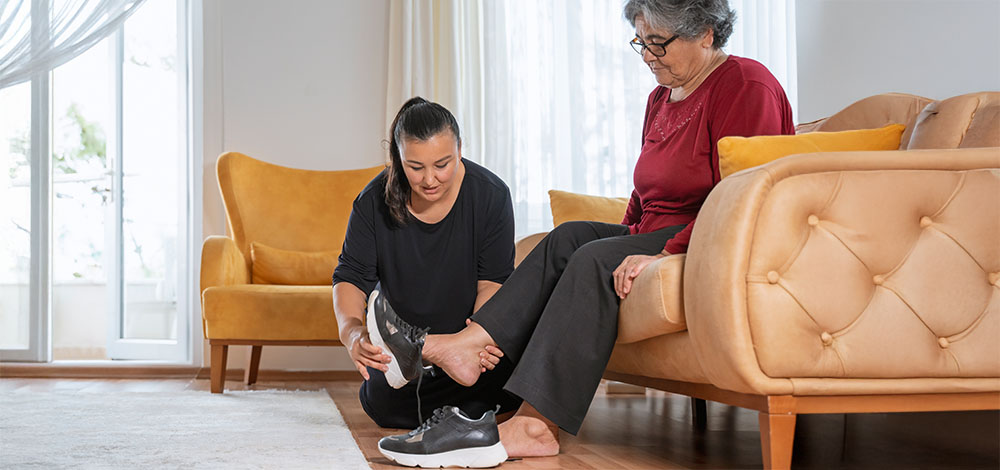View the Report
Jump to All Downloads & LinksMost people will experience serious illness at some point in their lives — as a patient, a caregiver, or a friend or family member. In 2019, the California Health Care Foundation commissioned a statewide survey to better understand the type of medical care and services Californians would prefer to receive if they had a serious illness or if they were approaching the end of life, and to explore the experiences of those actually dealing with these issues themselves or with loved ones. Help Wanted: Californians’ Views and Experiences of Serious Illness and End-of-Life Care reports selected findings from this survey and highlights key differences by race/ethnicity and income level. A webinar on November 5 (recording and slides are available) explored survey findings and implications.
The following materials are available:
Key Findings. A data snapshot (PDF) is available below and also under Document Downloads.
Fact Sheets. These brief summaries provide details on two topics of interest:
- Extra Support Most Helpful to Low-Income Californians with Serious Illness (PDF)
- Missed Opportunities: Important Discussions about Serious Illness and End of Life (PDF)
Background Materials. The survey methodology (PDF) and the complete survey questionnaire and topline results (PDF) are available to download. To request the full dataset, email info@www.chcf.org.
Videos. Three videos by StoryEyed Media describe the experiences and perspectives of people with serious illness, caregivers, and health care providers (see below).
Key survey findings include:
- When palliative care was described to them, 9 in 10 Californians without a serious illness said they would want this type of care if they had a serious illness. Four in 10 of those with a serious illness said they receive this type of help.
- Among respondents with a serious illness, Californians with low incomes reported the highest level of interest in getting supports beyond disease treatment, compared to those with higher incomes.
- Over 9 in 10 respondents of all races/ethnicities and income levels said they would want “as much information as possible” if faced with a serious illness.
- Only 7% of Californians with low incomes who also have a serious illness said they were “very prepared” to deal with their illness if it got worse.
- Survey respondents reported that at the end of life, it would be extremely important to them that their families are not burdened — by treatment costs (70%), by making tough decisions about their care (60%), or by needing to take care of them (59%).
- A majority of respondents said they would prefer to die a natural death (63%) rather than have doctors attempt everything to prolong life (9%). More than 1 in 4 (28%) were not sure.
- More than two-thirds (71%) of respondents said they would want to die at home. However, just over a third of Californians who died in 2017 died at home (36%).
See our full collection of materials covering Views on Serious Illness and End of Life.
Authors & Contributors
PerryUndem Research/Communication

Jen Joynt
Jen Joynt is an independent health care consultant based in Berkeley, California. Her areas of expertise include quality of care; hospital organization, strategy, and operations; health care workforce trends; and the California health care marketplace. She has authored several reports and policy briefings.





